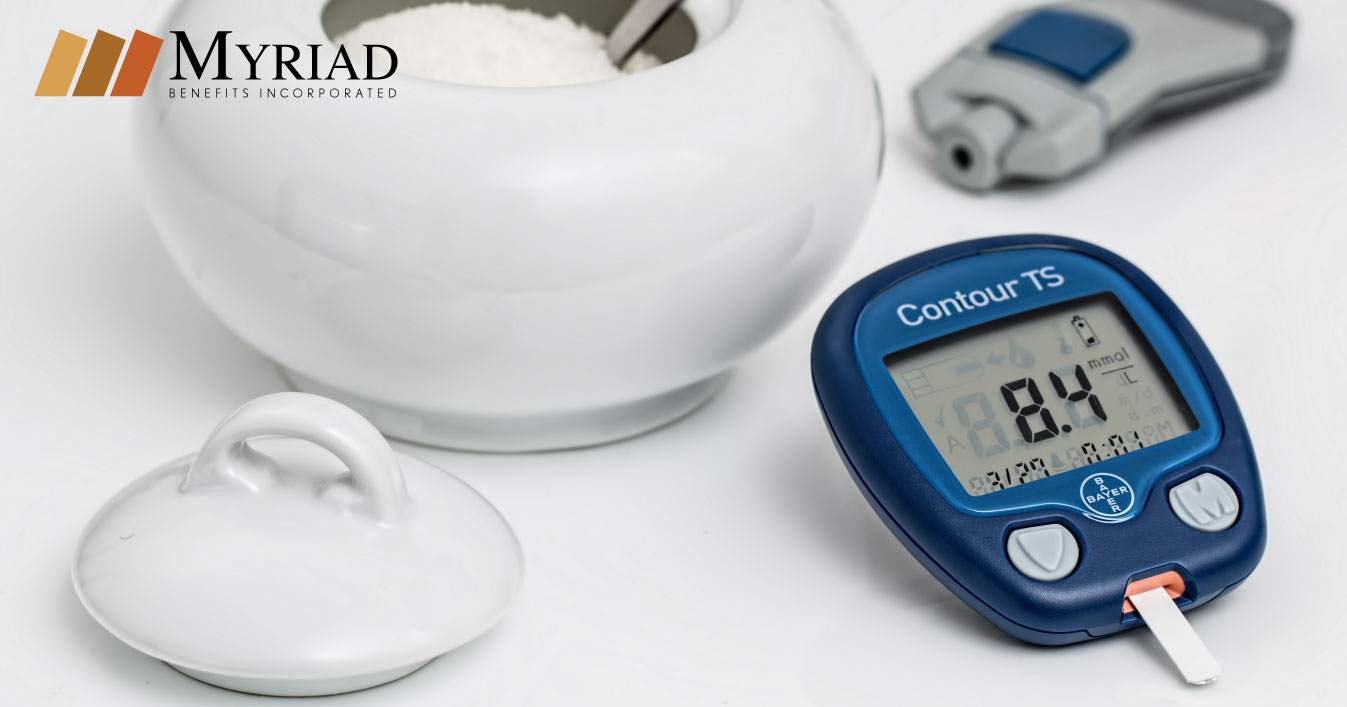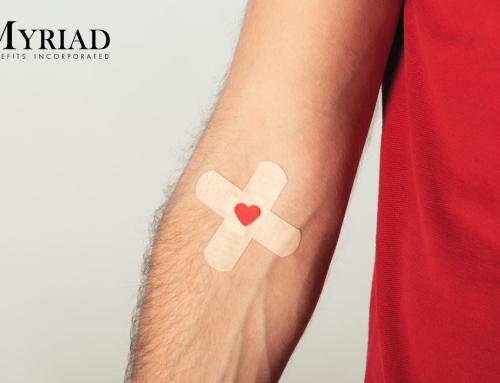Diabetes Mellitus is a chronic degenerative disorder where blood glucose levels are above normal. This occurs because the organism does not release a hormone known as insulin or uses it inadequately. This hormone is produced by the pancreas and is responsible for transporting the glucose to the body’s cells so it can then be converted into energy or stored until it is needed.
There are various types of diabetes: Type I, Type II, and gestational or diabetes during pregnancy.
- Type I – It is known as insulin-dependent because the pancreas produces little or no insulin, which causes person to inject himself/herself with insulin on a daily basis in order to live. It is common among children and adolescents.
- Tipo 2 – The pancreas produces insulin for some time but cannot use it. Nine out of ten people with diabetes have Type II, the type of diabetes associated with an unhealthy lifestyle.
Learn about the diabetes symptoms so you can identify them.
- Excessive thirst
- Frequent urination
- Extreme hunger
- Weight loss for no apparent reason
- Extreme fatigue
- Dry and itchy skin
- Blurry vision
- Tingling in hands and feet
- Wounds that take long to heal
- Frequent infections
- Mood swings
- Irritability
Diabetes is the third cause of death in Puerto Rico. The cause for diabetes is not known; however, various risk factors that may contribute to the development of this disease have been identified. Among these factors are: excess weight and obesity, high blood pressure, smoking, lack of physical activity, history of gestational diabetes, and genetic factors, among others.
Living a healthier lifestyle can reduce the risk of contracting Diabetes Type II. The recommendations to fight this disease are not complicated. Engage in physical activity, eat healthy foods, take the medications prescribed by your doctor, check your feet, and keep your medical appointments to keep things under control and enjoy a better quality of life.
By: Tania Mangual-Monzón, BSHE, MS
References:
Asociación Americana de Diabetes (ADA por sus siglas en inglés). Frequently Asked Questions about prediabetes. diabetes.org
Centro para el Control y Prevención de Enfermedades (CDC por sus siglas en inglés). Es su vida. Maneje su diabetes. cdc.gov
Programa para la Prevención y Control de la Diabetes del Departamento de Salud de
Puerto Rico. Reporte de Vigilancia de Diabetes Puerto Rico 2004.













